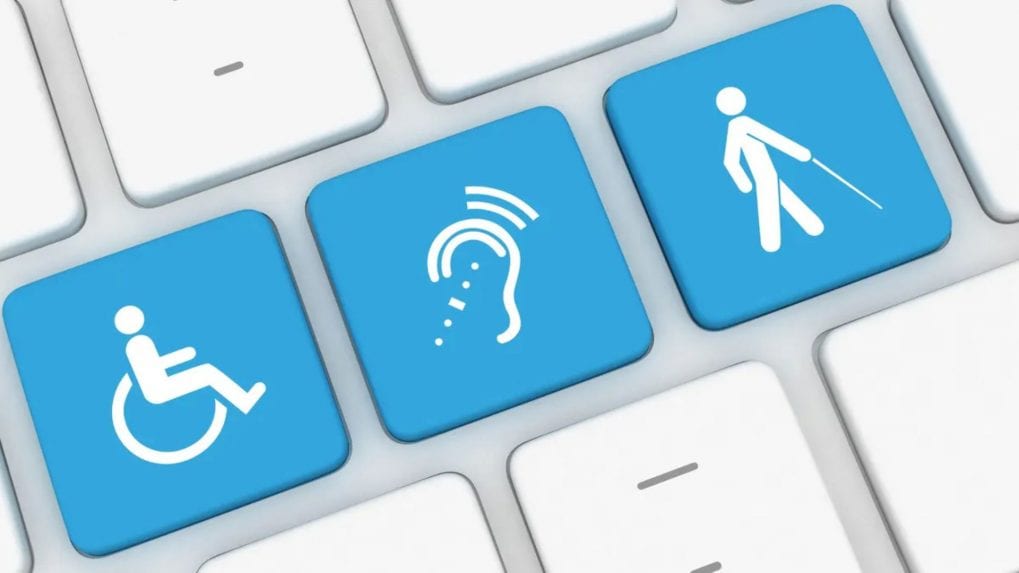IAMAI warns MIB’s draft accessibility rules could cripple small OTT platforms
Industry body says retrofitting vast content libraries, meeting prescriptive standards, and resolving rights conflicts would impose prohibitive costs; urges sandbox testing and phased rollout.
ADVERTISEMENT
The “Draft Guidelines for Accessibility of Content on Platforms of Publishers of Online Curated Content (OCCPs) for Persons with Hearing and Visual Impairment”, issued by the Ministry of Information and Broadcasting (MIB), could severely affect regional and smaller OTT platforms, owing to the extensive operational, technical, and financial obligations they are likely to impose.
I&B Ministry issues draft accessibility guidelines for OTT platforms for persons with disabilities
The Internet and Mobile Association of India (IAMAI) has stated this in its submission on the Draft Guidelines to the MIB.
While the IAMAI welcomed the Union Government’s intent to make digital entertainment more inclusive and accessible for persons with disabilities, it pointed out that given the limited scale of the platforms, the cost of compliance of the guidelines, if implemented, would, in several cases, surpass the revenue these platforms generate, making them commercially unsustainable, the submission pointed out.
The IAMAI stated that the Draft’s prescriptive and retrospective design required urgent recalibration to avoid disproportionate burden across the industry.
The sheer scale of retrofitting thousands of hours of existing catalogues and constantly reverifying content would drive costs to a prohibitive level for OCCPs, especially in a high-cost and price-sensitive market like India. They would also necessitate re-examining all earlier agreements to confirm rights availability, and in many cases renegotiating them, which may discourage platforms from offering older library content altogether. Given the general lack of interest in archival content, mandating accessibility for such content is unlikely to yield meaningful results.
The IAMAI recommended that requirements for existing libraries should not be mandatory and be left to OCCPs to implement on a best-effort basis.
The IAMAI highlighted that several provisions such as rigid specifications on caption font size, colour, and placement were excessively prescriptive and went beyond what was contemplated even under the RPwD Act.
IAMAI also noted that a large share of OTT libraries consisted of licensed content, including regional titles, foreign content, and syndicated programming where platforms often did not hold the underlying rights to modify or create accessibility assets such as subtitles, audio descriptions, or signing. Imposing blanket obligations on platforms in such situations would create legal and contractual conflicts and would not be operationally workable.
The Draft Guidelines extend beyond what is currently prescribed under leading international frameworks. For instance, the EU Accessibility Act (2025) and the UK Media Act (2024) clearly distinguish between the responsibilities of content creators and streaming services, focusing on ensuring that platforms have the technical capability to support and deliver accessibility features rather than imposing blanket obligations to retrofit or create such features for all third-party material.
Keeping in mind these challenges, the IAMAI has proposed that as a priority, the government should adopt a regulatory sandbox approach. This would allow the MIB, in collaboration with Prasar Bharati, to pilot accessibility standards on a limited scale and identify operational, technical, and cost constraints before mandating wider compliance. The submission further suggested that the findings from these pilots be published as a status report, giving the industry clearer visibility into the resources required and helping platforms, especially smaller ones, plan for future obligations in a sustainable and informed manner.
The IAMAI recommended that instead of a uniform, one-size-fits-all mandate, the MIB adopt a flexible implementation framework, allowing platforms to choose from a menu of recognised accessibility services based on their catalogues, rights arrangements, and audience profiles.
The IAMAI also suggested that the government should move towards its commendable objective through a phased implementation roadmap.


